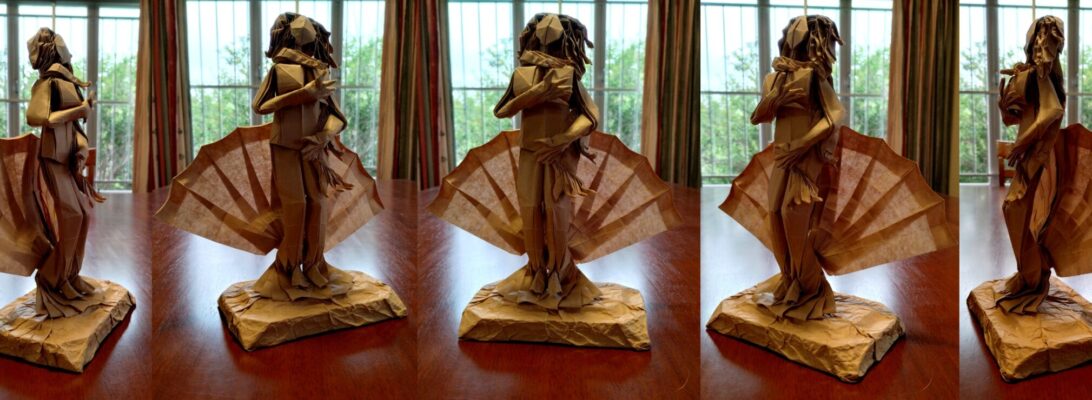As a teacher and pastoral care “tutor”, I am always looking for ways to get kids working together. At the beginning of the year the tutor group room is a mixed-year level (6-12) mixture of strangers and established friends so “GTK” exercises (Getting To Know you) are great icebreakers if you can get them actually talking and working together:
A few years back I struck on an idea to get kids collaboratively folding an origami mega-structure. The model is fairly simple – I taught the newbies (in this case the year 6 and 7 students) a simple modular unit. They then had to go teach another kid in the group, who in turn taught another. The central metaphor is “the WHOLE is greater than the sum of the parts”, “many hands make light work”, “we are as strong as the weakest link” … and so on.

Continue reading →


















